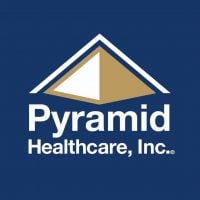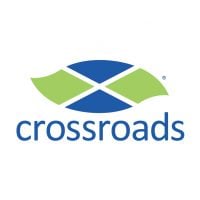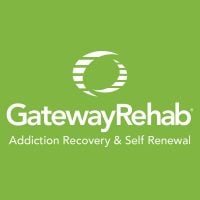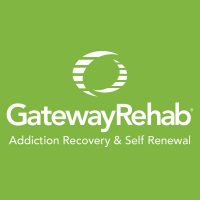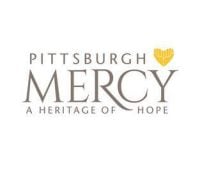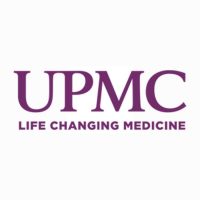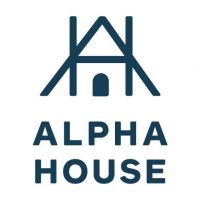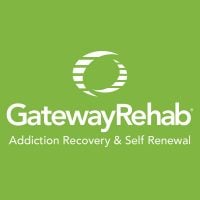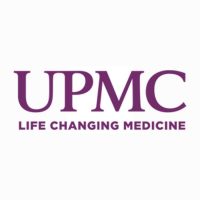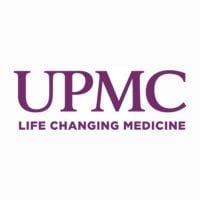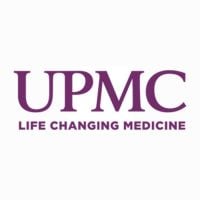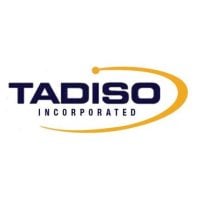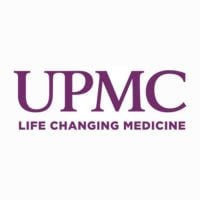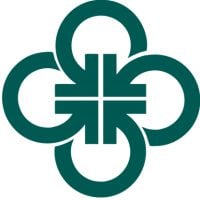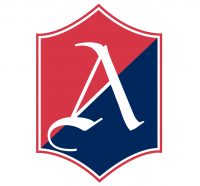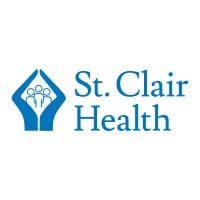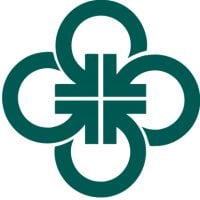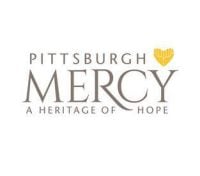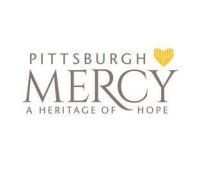Pittsburgh, PA's Top Drug Treatment Centers
Pittsburgh is the second largest city in Pennsylvania with a population of over 305,000 people. The history of this city dates back to 1758 when the British commander John Forbes erected Fort Pitt at the site of today’s Point State Park. This place is where three rivers meet: Allegheny River and Monongahela River that form Ohio River. The city is an important industrial, educational and cultural center of the state.
Pittsburgh has a serious drug addiction and abuse problem. According to the National Survey on Drug Use and Health (NSDUH), in 2012 there were 21,448 people aged 12 or older who had abused some form of illicit drug within the past month in Pittsburgh. There were also 10,023 people aged 12 or older who had misused some form of prescription drug within the past month in Pittsburgh.
There are many potential causes for alcohol and drug abuse, including genetics and family history, mental health issues such as anxiety and depression, pressure from friends and peers at school and work, and various life events such as abuse, tragedies, stress and other negative experiences.
The major types of substances abused in Pittsburgh include alcohol, cocaine, heroin and prescription drugs like Vicodin (hydrocodone), OxyContin (oxycodone) Ritalin (methylphenidate) and Adderall (amphetamine).
There is an opportunity for recovery and healthier life in Pittsburgh thanks to numerous drug and alcohol rehabilitation facilities in Pennsylvania. Select a facility that fits your needs in our list below, or call us for individualized suggestions.
Free Pennsylvania Addiction Admissions Hot-Line
We will help you find treatment based on your location, budget, and specific needs and help you get started safely.
Free + Confidential Consultation
Browse 110 Centers in Pittsburgh, Pennsylvania
Pyramid Healthcare - Pittsburgh Detox and Inpatient Treatment Center
Pyramid Healthcare Pittsburgh Detox and Inpatient Treatment Center is an accredited treatment center in Pittsburgh, Pennsylvania, founded in 1999, specializing in various addiction and substance abuse treatments that are personalized to meet the individual needs of patients, and also providing support services to help them maintain their recovery goals and support long-term success.

Crossroads - Highland Park is an accredited addiction treatment facility located in Pittsburgh, PA that provides clients with a variety of detoxification, rehabilitation, and outpatient services.


Greenbriar Treatment Center - South Hills
The Greenbriar Treatment Center - South Hills is an accredited drug and mental health rehabilitation facility in Pittsburgh, Pennsylvania that provides a range of services including intensive outpatient care, partial-hospitalization care, and inpatient care for individuals suffering from opioid addiction, substance abuse, dual diagnosis, and other related issues and accepts private health insurance.

Gateway Rehab - Green Tree in Pittsburgh, PA is a reputable addiction treatment facility with a wide range of services and a commitment to providing high-quality care to individuals seeking help for their addictions.

Renewal-Second Avenue is an accredited addiction treatment center in Pittsburgh, PA that provides a range of inpatient and outpatient services for individuals struggling with alcoholism, opioid addiction, substance abuse and other mental health concerns, accepting most private health insurance plans.

Gateway Rehab - Fox Chapel is a JCAHO-accredited addiction treatment center in Pittsburgh, PA that has been providing comprehensive care to those struggling with substance use disorder, mental health challenges, and other related issues since 1972, including medical detoxification and different levels of outpatient and residential services, as well as aftercare support for long-term sobriety.

Pittsburgh Mercy Health System - North Side provides evidence-based addiction treatment programs which utilize a variety of therapeutic approaches to help individuals build a strong foundation for long-term sobriety, from inpatient and outpatient services with 24/7 medical monitoring to cognitive behavioral therapy, dialectical behavioral therapy, trauma-informed care, stress management, and more.



The Western Psychiatric Institute and Clinic of UPMC provides a comprehensive and evidence-based approach to addiction treatment, offering Detox, Dual-Diagnosis, Inpatient, Intensive Outpatient, Outpatient, and Aftercare Support services certified by JCAHO, SAMHSA, and State License which are tailored to individual needs in order to help clients reach their full potential while leading a healthier life free from addiction.



Tadiso
Tadiso is an addiction treatment facility in Pittsburgh that offers a range of services for individuals struggling with addiction, including detox, residential levels of care, and aftercare support, and is accredited by CARF, SAMHSA, and State License.



Alpha House is a SAMHSA-accredited, Pittsburgh-based Addiction Treatment Facility that offers tailored programs to individuals suffering from Substance Abuse, Alcoholism, Opioid Addiction and Mental Health issues with an emphasis on evidence-based therapies and accessible payment options.


Gateway Rehab - Squirrel Hill is a JCAHO-accredited addiction treatment facility in Pittsburgh, PA offering a wide range of evidence-based services such as aftercare support, detoxification, drug rehab, intensive outpatient care, partial-hospitalization and residential treatment with qualified medical staff and caring therapists to help individuals struggling with alcoholism, opioid addiction or any other substance use disorder.

UPMC Health Systems in Pittsburgh, Pennsylvania, is an accredited addiction treatment facility that offers comprehensive and evidence-based treatment programs for a range of substance abuse issues, including alcoholism, opioid addiction, substance abuse, drug addiction, and mental health disorders, with services such as detoxification, drug rehabilitation, dual diagnosis treatment, intensive outpatient programs, and outpatient care, and aftercare support programs to aid in long-term recovery.



Alliance Medical Services of Pittsburgh - Ensign I is a CARF, NAATP, SAMHSA and state licensed addiction treatment facility that specializes in evidence-based care for opioid addiction, substance abuse and alcohol dependence through a variety of levels of inpatient services as well as aftercare programs to foster long-term sobriety.



TCV Community Services - South Side is an Addiction Treatment Facility in Pittsburgh, PA which has been providing comprehensive care since 1973 to those struggling with Alcoholism, Drug Addiction, Opioid Addiction, Mental Health Disorders, and Substance Abuse. Accredited by SAMHSA and State License, they offer Aftercare Support, Drug Rehab Programs and multiple levels of care with Private Health Insurance accepted.


UPMC Mercy is a highly accredited drug rehab facility in Pittsburgh, Pennsylvania that has been providing compassionate, personalized care tailored to each individual's unique needs since 1847; offering everything from detox to inpatient and outpatient levels of care, as well as evidence-based interventions such as cognitive behavioral therapy (CBT) and 12-Step facilitation, with private health insurance often covering some of the services.



POWER House, located in Pittsburgh, PA, is an accredited addiction treatment facility that offers various levels of care, including detox, inpatient treatment, residential programs, dual-diagnosis treatment, and aftercare support, to individuals struggling with alcoholism, opioid addiction, substance abuse, and drug addiction.


UPMC - 5th Avenue in Pittsburgh, PA is a licensed and accredited treatment facility offering a comprehensive range of services for individuals struggling with mental health issues, addiction, and substance abuse, including detox and aftercare support, with an emphasis on personalized treatment plans and evidence-based practices.



POWER, a state-accredited Addiction Treatment Facility located in Pittsburgh, PA, offers a variety of services to provide individuals and their loved ones with the support they need to get sober and begin their journey to recovery.

Renewal - Blvd Of The Allies is an accredited addiction treatment facility in Pittsburgh, PA that offers a wide range of care options including residential programs, dual-diagnosis services, aftercare support, and inpatient and half-way sober living services with 25 beds available to help individuals on their journey to sobriety and long-term recovery, accepting private health insurance plans for greater accessibility and affordability.

Tadiso is a highly respected Addiction Treatment Facility in Pittsburgh, Pennsylvania that has been helping individuals recover from the effects of substance abuse and addiction since 1968 with its SAMHSA accredited in-patient and out-patient programs, individualized treatment plans and various therapies to address underlying causes of addiction.



UPMC - North Bellefield Avenue in Pittsburgh, Pennsylvania is a highly reputable treatment facility offering comprehensive services for mental health issues, addiction, and substance abuse, with a focus on personalized care, outpatient treatment, aftercare support, and detox levels of care.



Wesley Family Services - Wilkinsburg, based in Pittsburgh, PA, offers a range of addiction treatment services, such as aftercare support, detox, outpatient and inpatient care as well as private health insurance for those seeking help with opioid, substance and/or drug addiction.

Pinnacle Treatment Centers - Summit Medical Services
Pinnacle Treatment Centers - Summit Medical Services is an accredited, comprehensive treatment resource in Pittsburgh, PA that specializes in the treatment of Alcoholism, Opioid Addiction, Substance Abuse, and Drug Addiction through a variety of levels of care, including medical treatments, therapeutic approaches, educational resources, and ongoing support activities to reduce the risk for relapse.


Gaudenzia - Centre Avenue is an addiction treatment facility in Pittsburgh, Pennsylvania, offering a comprehensive range of services tailored to meet the unique needs of each person, including Residential and Inpatient levels of care, Aftercare Support, Drug Rehabilitation, and special programs for dual-diagnosis and Sober-Living / Half-Way houses.

The Academy Schools
The Academy Schools is a state-licensed addiction treatment facility located in Pittsburgh, PA which offers comprehensive services such as Aftercare Support, Drug Rehab, Dual-Diagnosis, Inpatient, and Outpatient Levels of Care to assist individuals and their families battling Addiction, Substance Abuse,mental health, and dual diagnosis issues, and is accredited by CARF and accepts Private Health Insurance.


Saint Clair Hospital - Psychiatry and Mental Health
Saint Clair Hospital's Psychiatry and Mental Health provides a comprehensive range of evidence-based inpatient, outpatient, partial hospitalization, and residential care services to individuals struggling with addiction or mental health issues, while also accepting private health insurance plans to alleviate the financial burden of treatment.
Liberation Programs Family and Youth Options is a comprehensive drug rehab center located in Pittsburgh, Pennsylvania that offers specialized care and individualized treatments tailored to the unique needs of patients struggling with substance addiction, mental health issues, and opioid abuse, all accredited by the JCAHO and accepted by most private insurance plans.

Gaudenzia - Centre Avenue provides comprehensive, accredited treatment options for those suffering from addiction, including private health insurance acceptance, meeting the highest standards of the addiction treatment industry.

Mercy Behavioral Health is an addiction treatment facility in Pittsburgh, PA that provides comprehensive programming, including aftercare support, drug rehab, dual-diagnosis, inpatient, intensive outpatient, and outpatient levels of care, as well as holistic therapies, licensed clinicians, and peer support, for people with dual diagnosis, opioid addiction, substance abuse, drug addiction, and mental health issues, and accepts private health insurance.
Mercy Behavioral Health - Pittsburgh is a CARF-accredited Addiction Treatment Facility that provides comprehensive, private health insurance accepted, evidence-based treatments and various levels of care such as inpatient, outpatient, partial-hospitalization and residential services to individuals seeking sobriety from substance use disorder and mental health issues.

Comprehensive Drug and Alcohol Treatment in Pittsburgh, PA
Pittsburgh has the same rates of drug addiction and abuse as other areas in the United States. However, Pittsburgh has lower rates of drug addiction due to ongoing efforts by city officials. The community also has a Concerned Citizens for Drug Awareness (CCDA) organization that is working to make Pittsburgh a non-addictive zone.
That being said, the leading cause of death in the state of Pennsylvania is drug overdoses. This includes both illegal drugs and prescription medication abuse. There are three categories for illegal drugs, stimulants, depressants and hallucinogens. According to Rehabs.com there are also two categories of prescription medications that are abused illegally including pain medications and tranquilizers. Studies have shown that the number of prescription medication deaths are higher than illegal drugs overdoses.
The National Survey on Drug Use and Health (NSDUH) found that in 2009 there were estimated 679,000 persons who had used an illicit drug within the month prior to being surveyed. Also, out of all of these users 183,000 were dependent on or abused the illicit drug within the same time period.
Pittsburgh is one of many cities in the United States struggling with heroin abuse. Although heroin use is on a decline throughout the country, it is becoming more prevalent in areas that are close to major ports and borders which includes Pittsburgh.
According to the Pennsylvania Department of Health Emergency Medical Services (EMS), there were 1,424 drug overdose deaths in 2014. This number does not include all of the overdoses that happened outside an emergency room or hospital setting. Of these cases, 675 of the individuals who died had oxycodone in their system at time of death which indicates a possible prescription medication overdose. The rate of drug overdoses has increased by 14% since 2010 and now the leading cause of accidental death in Pennsylvania is drug related.
No matter where you live in Pennsylvania, we are confident there is a drug rehab center that can help you overcome your addiction. We can help you find treatment based on your location, budget, and specific needs and help you get started safely.
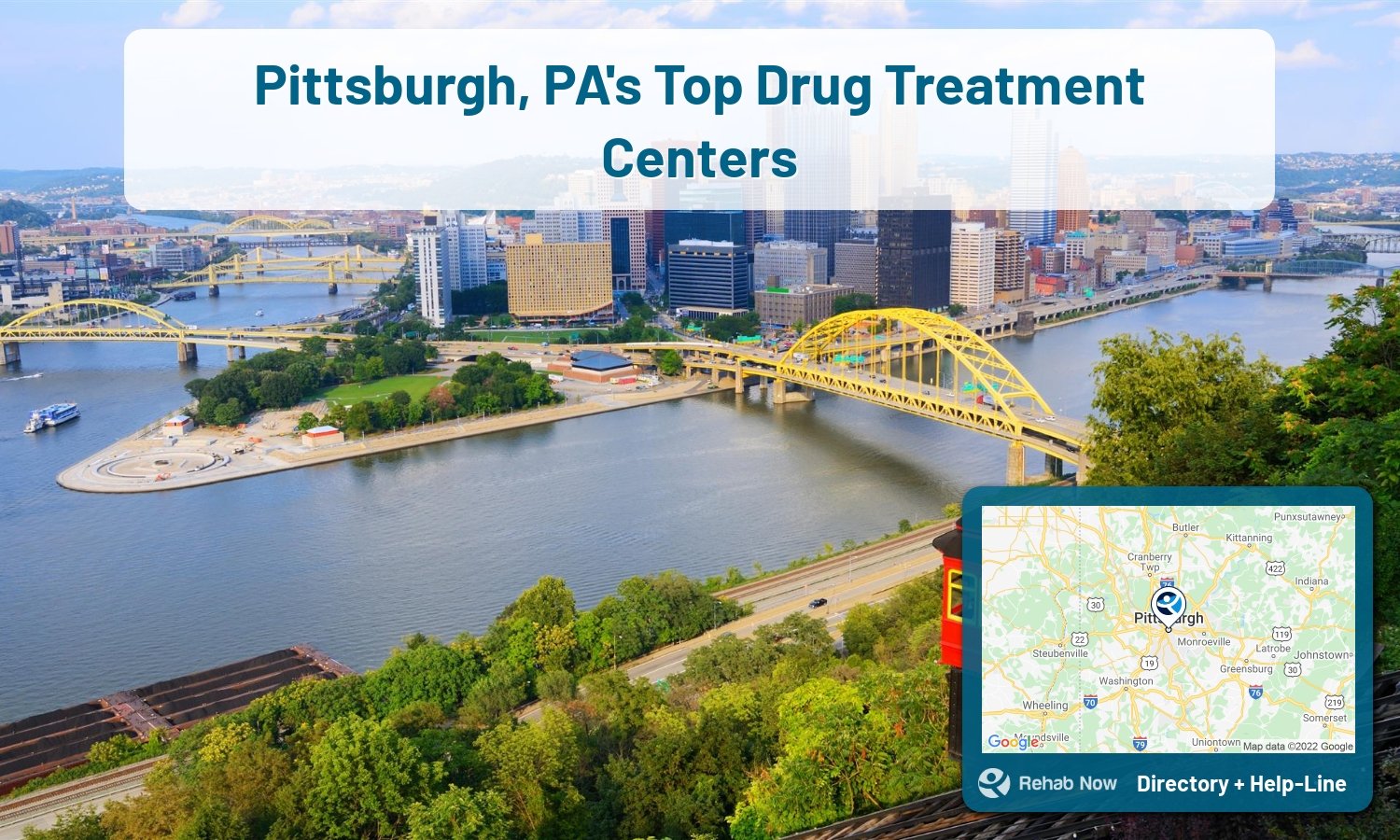
Additional Treatment Centers in Pennsylvania
Pennsylvania ranks 14th in the nation for drug-related deaths. More than 10% of all deaths in Pennsylvania have been related to drugs and alcohol. 30% of Pennsylvania youth reportedly drink alcohol monthly, with more than 20,000 teenagers having an alcohol problem. The rate of opioid misuse in Pennsylvania is double the national average.
Still haven't found the right recovery center? Browse nearby Pennsylvania cities.
- Somerset, PA (52.5 mi.)
- Sellersville, PA (241.6 mi.)
- Waverly, PA (231.0 mi.)
- Brookhaven, PA ( mi.)
- Beavertown, PA (144.5 mi.)
- Clairton, PA (10.6 mi.)
- North East, PA (122.5 mi.)
- Yardley, PA (266.3 mi.)
- Erie, PA (116.9 mi.)
- Wellsboro, PA (162.4 mi.)
- Bedford, PA (79.0 mi.)
- Elizabethtown, PA (174.6 mi.)
- Philadelphia, PA (215)
- Pittsburgh, PA (110)
- Harrisburg, PA (50)
- Lancaster, PA (39)
- Erie, PA (39)
- Reading, PA (35)
- York, PA (33)
- Allentown, PA (24)
What types of treatment are available in Pittsburgh, Pennsylvania?
Recovering from any type of substance abuse can be a long process, but it is the most rewarding experience any addicted person will ever go through. After completing the initial detox and withdrawal, you will often be required to engage in a highly comprehensive addiction therapy program. While enrolled in a professional and effective drug rehab in Pittsburgh, the following are some of the treatment services that you can expect to receive:
Outpatient Programs
There are many substances that are addictive in addition to alcohol or drugs. It is difficult to stop using any one addictive substance without treatment. An outpatient drug addiction program will help the addict with the process of withdrawal and provides tools needed for sobriety.
There are tons of outpatient drug addiction programs in Pittsburgh, Pennsylvania. The time period of treatment can vary depending on the individual’s needs and how long they were abusing the substance that is addictive. The kinds of drugs that are most likely to be abused or take over one’s life include heroin, methamphetamine, cocaine , benzodiazepenes (such as Xanax), prescription pain medications, and marijuana. In many instances, a combination of drugs is used. The most common addictions in the United States are to alcohol and tobacco products.
Inpatient Program
Inpatient addiction treatment can take many forms, including inpatient detoxification, residential rehabilitation and partial hospitalization. Being an inpatient allows a person in early recovery to focus completely on getting well. Inpatient treatment is highly structured, with daily group and individual counseling sessions.
Drug Detoxification
Drug detoxification is the first step that needs to happen if someone is addicted to drugs. This is done with the use of medications that are able to help reduce the withdrawal symptoms. There are many different kinds of detox treatments, but they all work similarly in this regard. The medication available can help people who are withdrawing from drug addiction because it reduces some of the unpleasant effects.
Sometimes, these effects are so bad that people are unable to get through the detox process. This is where many drug users have a relapse. Once they continue the withdrawal process without the drugs, they will be able to start their path to full recovery.
Dual-Diagnosis
Some of the most common co-occurring disorders are schizophrenia, depression, and bipolar disorder. Most rehab facilities in Pittsburgh provide patients with a dual diagnosis. Dual diagnosis gives rehab the means to treat addiction while restoring mental and emotional health.
Rehab is a combination of detoxing the body, rehabilitation, and recovery. There is therapy, aftercare, and support during the entire process. While substance abuse can take over a person’s life, it is something that can also be overcome with help from professionals at Pennsylvania rehabs.
View options, availability, treatment methods, and more, for drug rehab and alcohol treatment in Pittsburgh, Pennsylvania. (888) 674-0062.
